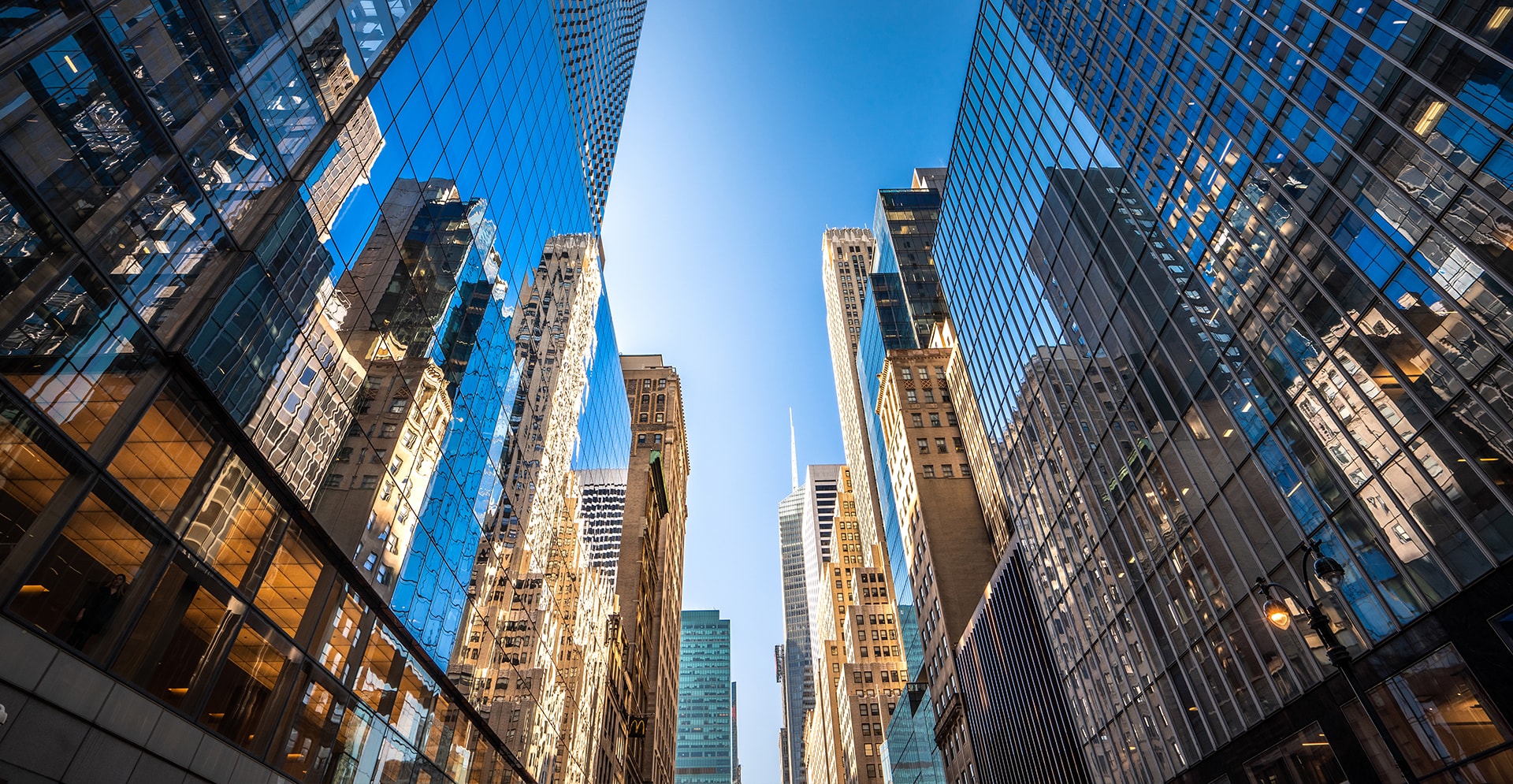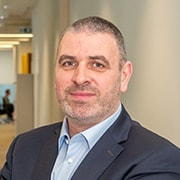The COVID-19 pandemic had a profound impact on our lives and therefore also on our living environment. The need for quality of living, pleasant outdoor spaces and social cohesion in our towns and cities has been brought into focus more than ever before. How has the pandemic influenced our cities today? How can we make them even more future-proof? And can new technologies contribute to a healthy living environment?
Text: Liesbeth Verhulst, interview for Architectura
COVID-19 saw unprecedented restrictions on our freedom. During successive lockdowns, we were reliant on our immediate living environment like never before: our homes, with or without garden space, and our neighborhoods, with or without park facilities. Proximity to green spaces was a blessing during the pandemic, particularly for people living in apartments without a terrace. Today we’ve all become more demanding when it comes to our living environment and this is reflected in the real estate market, with prices continuing to rise and potential buyers more likely to look for properties with gardens, preferably outside densely populated cities.
This trend isn’t surprising. Working from home has become increasingly common, freeing up huge amounts of commuting time that would otherwise be spent queuing on our way to the office in the city. So what reason do we have for still wanting to live in the city? Only time will tell whether these trends are here to stay.
Arcadis strongly believes in the potential of our towns and cities to create a safe and sustainable future. By 2050, two thirds of the world’s population will live in cities. If we wish to leave the world in a better condition than we found it in for future generations, it is vital that we continue to focus on sustainability. So how can we entice people back into the cities? The answer is as challenging as it is simple: by focusing on high-quality housing projects, pleasant and climate-proof public spaces, and by integrating new technologies where they can create added value.
The Ideal City
A good place to start is the 15-minute city, where all the amenities can be reached in less than 15 minutes. In an ideal city, everyone would have access to the facilities they need for everyday life, without having to travel unnecessarily — and any travel would preferably be in a sustainable manner — with social cohesion that makes all this possible. At the same time, we need to build cities that are resilient, as well as resistant to pandemics and the consequences of climate change.
Arcadis is therefore strongly committed to integrating ecological systems, so that the little outdoor space we have is not only used for city dwellers to relax, but also fulfills an ecological role. Its ability to combat heat stress, air-purifying properties and water storage capacity are just a few of the reasons why ecological infrastructure is able to significantly contribute to a city’s climate resistance, while at the same time creating a pleasant living environment.
When it comes to housing, we are rapidly moving toward new housing forms. This shift is creating what are referred to as micro communities, where we share all manner of things with each other, from bike parking and laundry facilities to gardens and community space for family gatherings.
When it comes to sustainable mobility, the COVID-19 crisis had a positive impact: we are now more inclined to walk or cycle rather than taking the car, resulting in improvements to air quality in cities. Restoring confidence in public transport after the pandemic will be crucial; this is one of the cornerstones in terms of developing sustainable mobility.
The Power of Data
You can’t create a healthy living environment simply by investing in quality living and public spaces; you also need to consider how people behave. The problem during the pandemic was too many people meeting on already scarce open space. At Arcadis, we have many years of experience in using data analyses to manage crowds. Nowadays, we can use real-time data that provides an insight into the geographical position of users and their behavior patterns. This allows us to predict where people will congregate, so that cities can proactively open or close specific locations if they become too crowded. We are already using these data analyses in cities including Amsterdam and Lyon, where we are able to allow people to meet safely.
Combined Solutions
For Arcadis, the way forward invariably lies in a combination of solutions. By integrating all these aspects into our projects – from ecological infrastructure and climate resistance to social cohesion and sustainable mobility – we are creating resilient, future-proof cities.






